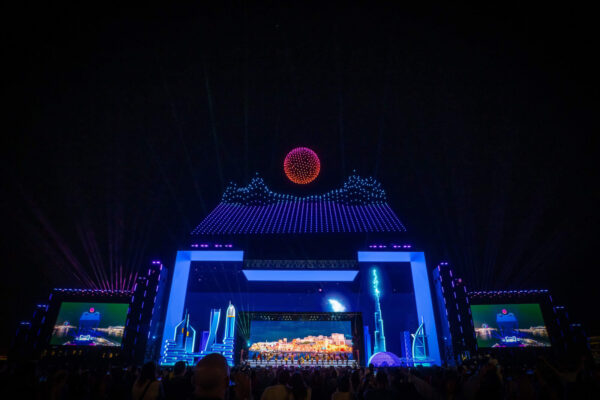
Introduction
The Mercedes Benz Stadium in Atlanta, Georgia, stands as a testament to modern architectural design and innovation. Opened in 2017, it has become a central hub for sports and entertainment, hosting a multitude of events including NFL games, concerts, and various other large gatherings. Its significance extends beyond simply being a venue; it is a vital part of the community and local economy.
Architecture and Design
The stadium was designed by the renowned architectural firm HOK and boasts a retractable roof, a feature that sets it apart from many other stadiums. The 360-degree video board is another architectural marvel, providing fans with an unparalleled viewing experience. With a capacity of up to 75,000 for football games and expandable to 83,000 for concerts, the stadium adapts to a variety of events seamlessly.
Major Events and Impact
Since its inauguration, the Mercedes Benz Stadium has hosted numerous high-profile events, including the Super Bowl LIII in 2019 and the NCAA College Football Playoff National Championship. In addition to sports, it has welcomed concerts from international artists like Beyoncé and Jay-Z, asserting its status as a premier entertainment venue. The stadium also serves as the home ground for Atlanta United FC, a professional soccer team that has rapidly risen to prominence in Major League Soccer (MLS).
Community Engagement and Sustainability
The Mercedes Benz Stadium is not just about entertainment; it has a commitment to sustainability and community engagement. The stadium is designed to be environmentally friendly, featuring a comprehensive recycling program and energy-efficient practices. Moreover, it plays an important role in local initiatives, providing job opportunities and supporting local businesses through various programs.
Conclusion
Mercedes Benz Stadium represents more than just a location for sporting events; it is an architectural wonder and a vital part of Atlanta’s cultural landscape. As it continues to host significant events and engage with the community, the stadium’s impact on the local economy and its commitment to sustainability remains a point of pride for the city. Looking ahead, the stadium is poised to remain a leading venue in the sports and entertainment sector, further solidifying its importance in the fabric of Atlanta.
You may also like

The Vital Role of Live Shows in Modern Entertainment

Kym Marsh: A Journey Through Entertainment and Achievement
